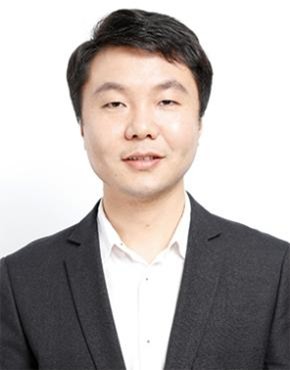 |
Prof. Fanghong Guo Professor Zhejiang University of Technology |
Biography
Fanghong Guo received the B. Eng. degree in automation science from Southeast University, Nanjing, China, in July 2010, the M. Eng. degree in automation science and electrical engineering from Beihang University, Beijing, China, in January 2013, and the Ph.D. degree in sustainable earth from Energy Research Institute @NTU, Interdisciplinary Graduate School, Nanyang Technological University, Singapore, in November 2016. He was a Research Associate and then a Research Fellow in Rolls-Royce Cooperate Lab @NTU, Nanyang Technological University from May 2016 to April 2017. From May 2017 to July 2018, he was a Scientist in Experimental Power Grid Centre (EPGC), Agency for Science, Technology and Research (A*STAR), Singapore. He is currently with the Department of Automation, Zhejiang University of Technology, Hangzhou, China. His current research interests include distributed cooperative control, distributed optimization on microgrid systems, and smart grid.
Title
To decentralized or to distributed? That is the question---A case study on the networked microgrid secondary control
Abstract
Currently, several secondary control strategies including centralized, decentralized and distributed control have been proposed to solve the secondary frequency restoration and power sharing problem in networked microgrids. However, each strategy has its own merits and demerits. How to enjoy their merits and avoid their demerits is an interesting but challenging problem. In this talk, a first attempt on designing a decentralized cluster-based distributed secondary control strategy is made towards the goal of frequency restoration and power sharing. Specifically, we divide all the distributed generators (DGs) into several clusters and one DG in each cluster is designated as the leader while follower DGs communicate exclusively with their leader DGs within clusters, enhancing the control performance. Thus, all the distributed controls of different clusters are totally decentralized. If each cluster has only one DG, our proposed control strategy reduces to the existing decentralized approaches, while the case of one cluster boils down to distributed control. Rigorous theoretical analysis for such control strategy is given. Compared to existing methods, our proposed strategy has better transient and steady-state performance than purely decentralized one and better robustness than distributed one. The proposed method is validated in an experimental test system built in OPAL-RT.